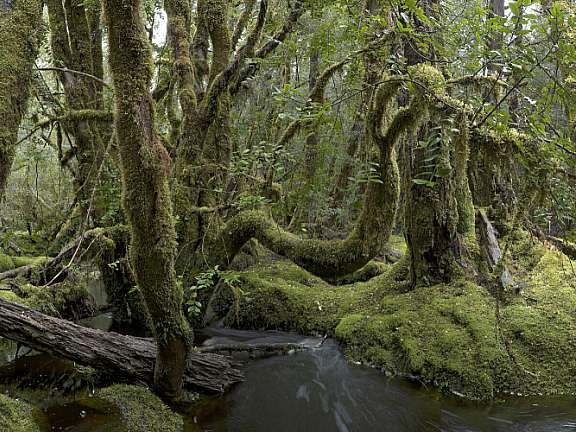
The financial story
A review of the Wilderness Society's finances for 2018-2019
For the Annual Review 2018-19, CEO Matt Brennan gives an overview of the Wilderness Society's finances and outlook for 2020.
For the 2019 financial year we had an operating deficit of $1.7 million. This is against a surplus of $0.9 million in the previous 2018 financial year.
There were two main factors that contributed to this deficit:
- In 2019 we made a strategic decision to spend the previous surplus on the New Laws campaign during the federal election ($149,000 directly election-related).
- We had a significant fall in the receipt of bequests for 2019 to $0.5 million from $2 million the previous year.
Overall spending on environmental campaigns and programs was $6.2 million. Of this figure 55% went to direct campaign actions - this includes New Nature Laws, national forest and deforestation plus campaigning to stop oil drilling in the Great Australian Bight. An additional 28% went to supporting our Movement For Life program to build our grassroots organising.
Income from bequests is by its nature difficult to predict. In previous years our operating budget has relied on the projected returns from bequests, a situation common to many NGOs and charities.
However, this shortfall in 2019 led the Board to instigate a change process to align our operating budget for 2020 with our regular donor income (2019 $10.7 million) going forward. This was considered prudent in order to position the Wilderness Society for long-term financial stability and allow us to rebuild reserves.
To achieve this reduction in the operating budget we had to make the hard decision to reduce the size of some of our teams and campaign centres, along with other operational efficiencies. We lost some incredibly passionate and dedicated staff, which is never easy.
But as a result, we are now on steadier ground and have confidence in our financial sustainability into the future. Importantly, our major gift and bequest fundraising can now take a longer-term perspective and focus on fundraising for accelerating and increasing our impact in the areas of our priority campaign outcomes, rather than addressing our immediate operational costs.
Our plan for 2020 and beyond seeks to grow our ambition, the capacity of our people, our ability to adapt to a changing world and the growth of our grassroots organising programs. The Wilderness Society has taken a strategic and long term approach to campaigning, fundraising and financial management. Our tight financial management approach (managing operational costs and budgeting in line with sustainable/reliable income) means that the Wilderness Society is able to build healthy reserves and will be in a position to be able to continue to take strategic risks to achieve our purpose at key moments.